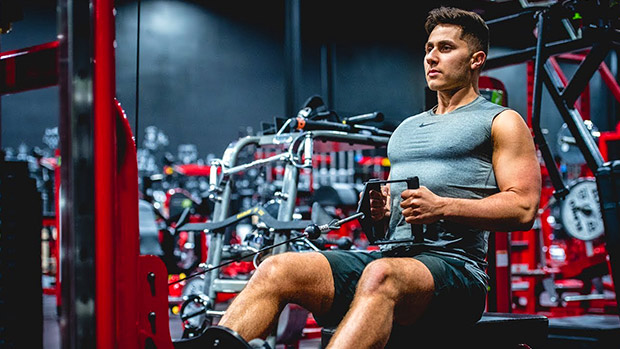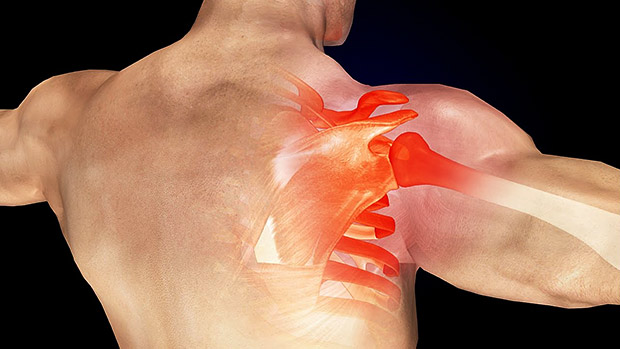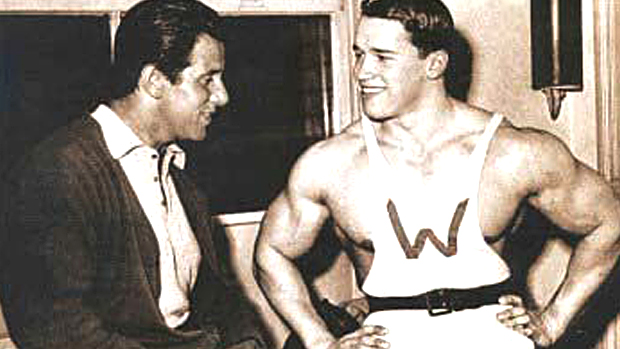Out of Harmony
Antagonist and agonist muscles oppose each other and have opposite functions. Think biceps and triceps: while one muscle contracts, the other relaxes. Unfortunately for most people, these muscles aren't living in perfect harmony.
Individual genetics, training styles, movement habits, and poor posture all contribute to this uneven harmony by causing certain muscles to dominate their counterparts. This is problematic. The dominant muscles will limit the development of the opposing muscles and can even cause mobility/postural issues.
Generally speaking, the dominant muscles will be on the anterior chain (front of your body) which will limit full activation of the muscles on the posterior chain (back of your body). This is why some people feel their chests way more than their backs during pull-ups. Not ideal.
Excessively dominant muscles are like those annoying couples who always seem to funnel attention towards themselves even when they're at someone else's wedding.
How to Fix This
Do "inhibit-activate supersets" by pairing a soft tissue/stretching drill with an isolation exercise. The soft tissue drill will deactivate the dominant muscle and the isolation exercise will target the lagging muscle, allowing it to get fully stimulated without involvement from its formerly dominant counterpart.
This is not only great for growing weak muscles, but also creating symmetry and improving mobility.
Here are five effective inhibit-activate supersets for common imbalances. For each superset, do the first drill for about 15-45 seconds and then the second exercise for 6-12 reps. There's no need to rest between supersets; the soft tissue work will allow for plenty of recovery.
1 – Hip Flexor Foam Roll + Hip Thrust
- A1. Hip Flexor Foam Roll
- A2. Hip Thrust
2 – Quad Foam Roll + Hamstring Curl Machine
- A1. Quad Foam Roll
- A2. Hamstring Curl Machine
3 – Anterior Shoulder Soft Tissue + Rear Delt Flye
- A1. Anterior Shoulder Soft Tissue
- A2. Rear Delt Flye
4 – Doorway Chest Stretch + Cable Row
- A1. Doorway Chest Stretch
- A2. Cable Row
5 – Smith Machine Trap Deactivation + Lateral Raise
This one isn't fixing an imbalance between an agonist and antagonist muscle, but the concept is the same. The upper traps dominate medial delt exercises, so deactivating the traps before lateral raises is a great way to finally feel your medial delts get some action.
- A1. Smith Machine Trap Deactivation
- A2. Lateral Raise
When to Do Them
Do a superset either during your warm-up 1-2 times to engage key muscles during compound lifts, or at the end of your workout for 3-4 sets as a finisher.
You should feel involvement from the dominant muscle less with each superset. As this happens, the lagging muscle will gain more range of motion and be able to activate more.





